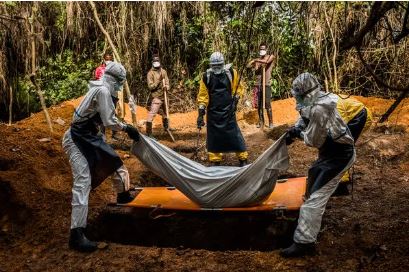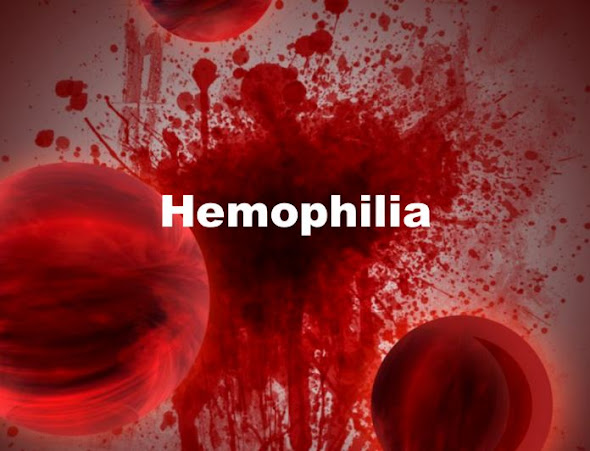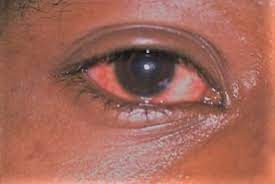How Ebola Struck Africa and Its Global Impact
In the dense jungles of Central Africa, a deadly virus quietly lurked among the wildlife for centuries. Little did anyone know, that this virus, known as Ebola, would one day leap from animals to humans, causing a devastating outbreak. Ebola virus disease (EVD) emerged sporadically, but when outbreaks occurred, they struck with terrifying speed and severity.
The first signs of Ebola infection are flu-like symptoms: fever, headache, muscle pain, and weakness. As the virus progresses, it can cause severe internal bleeding and organ failure. The mortality rate is shockingly high, ranging from 25% to 90% depending on the outbreak and the medical care available. This made Ebola not just a disease, but a nightmare for those affected.
When Ebola outbreaks hit communities, fear spread faster than the virus itself. Entire villages could be quarantined, leaving people isolated and frightened. Health workers, clad in protective suits that resembled spacesuits, became heroes risking their lives to care for the sick and dying. International aid poured in, as the world watched with concern and compassion.
Treatment for Ebola is challenging. There is no specific cure, but supportive care such as fluids and electrolytes can help patients survive. Experimental treatments and vaccines have been developed, offering hope for future outbreaks. However, prevention remains crucial: isolating patients, practicing strict hygiene, and safe burial practices can limit the virus's spread.
The impact of Ebola extends far beyond health. Economies suffer as trade and travel are restricted. Families are torn apart, losing loved ones and livelihoods. Yet, amidst the devastation, stories of resilience emerge. Communities rally together, educating each other on prevention and supporting survivors. Scientists work tirelessly to understand the virus and develop better treatments.
Ebola outbreaks also spark global health emergencies. International organizations like the World Health Organization (WHO) coordinate responses, deploying experts and resources to contain the virus and support affected countries. Cooperation between nations becomes critical as borders blur in the face of a common threat.
Over time, lessons are learned from each outbreak. Preparedness improves as countries develop response plans and stockpile supplies. Research into vaccines and treatments accelerates, offering hope for a world where Ebola can be prevented or effectively managed.
In the end, the story of Ebola is one of fear, loss, and resilience. It is a reminder of the fragility of health and the strength of humanity. As the world continues to battle emerging infectious diseases, the lessons learned from Ebola remain invaluable, guiding efforts to protect global health for generations to come.































.jpeg)






